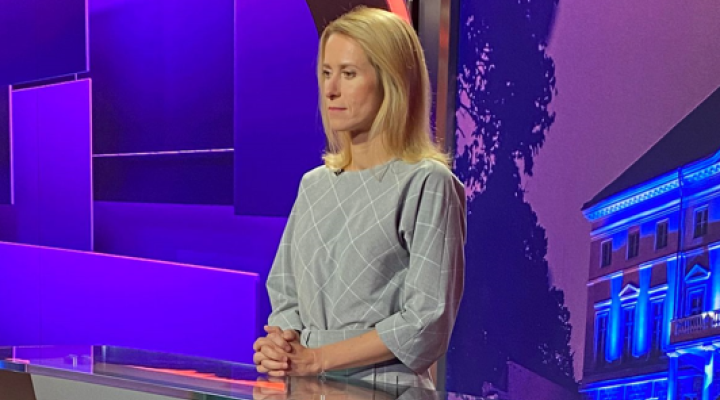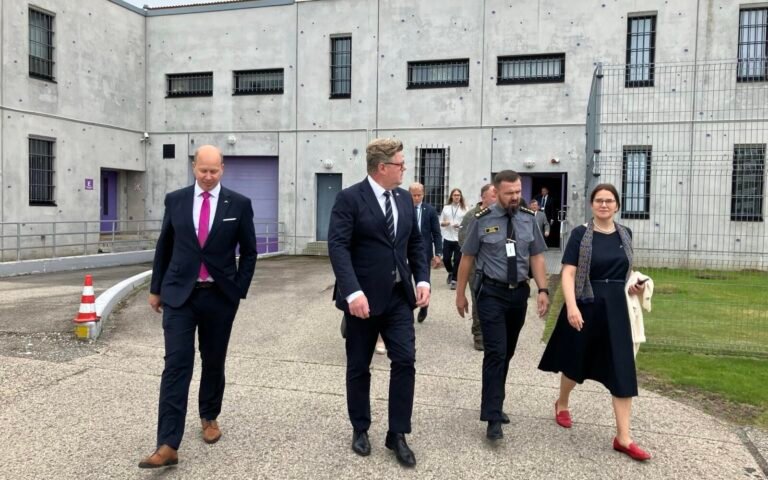Estonian Prime Minister Kaja Kallas expressed her concern about the total blockade that her Hungarian colleague Viktor Orban may organize at the European Union summit, the German public TV channel ZDF reports.
A few days before the EU summit in Brussels, where decisions must be made regarding the start of accession talks with Ukraine, Kallas raised the alarm bell unusually clearly and expressed great concern regarding the summit in an exclusive interview with ZDFheute.
“I had a phone conversation with Viktor Orban a few days ago, but I must honestly admit that I did not succeed in convincing him,” Kallas told ZDF.
According to the prime minister, many other heads of state and government leaders have already spoken directly with Orban to understand what the obstacle is, but no line of compromise has been found so far.
“I still don’t see the light at the end of the tunnel,” Kallas admitted.
Orban has announced in various statements that he will veto the start of accession negotiations with Ukraine. The decision must be made unanimously by the 27 heads of state and government at the summit starting Thursday in Brussels. Hungary’s veto thus threatens to block the entire summit.
ZDF states in the article that while Kallas has previously seen European unity as a positive even in difficult debates, in her latest interview with ZDFheute she was much more pessimistic about the situation and, among other things, referred to the declining Western aid to Ukraine.
“The unity of Europe has been called into question since the beginning of the war, but we have been able to maintain it so far. However, it is clear that it will become more and more difficult as time goes by,” Kallas said and nevertheless expressed hope that the 26 heads of state and government will still be able to convince the prime minister of Hungary.
According to Kallas, the issue of whether tougher guarantees or more reforms could be demanded from Ukraine could also come up at the summit.
In the interview with ZDF, Kallas repeated the call for Europe to spend significantly more on defense. If Europe’s own defense spending is not significantly increased immediately, it may be too late in three years, Kallas warned, and also proposed a new common debt of the European Union.
“Look at how we reacted to the coronavirus crisis — we were quick because it was our common problem and we took on debt together. Now we have a similar problem again,” Kallas said.
President of the European Council Charles Michel recently proposed to finance defense spending with the help of joint EU bonds, but so far there has been no jubilation regarding this proposal in the European capitals.
ZDFheute notes that a unanimous decision to approve the joint debt is likely to be even further away when it comes to accession negotiations with Ukraine.
Source: BNS
(Reproduction of BNS information in mass media and other websites without written consent of BNS is prohibited.)





















